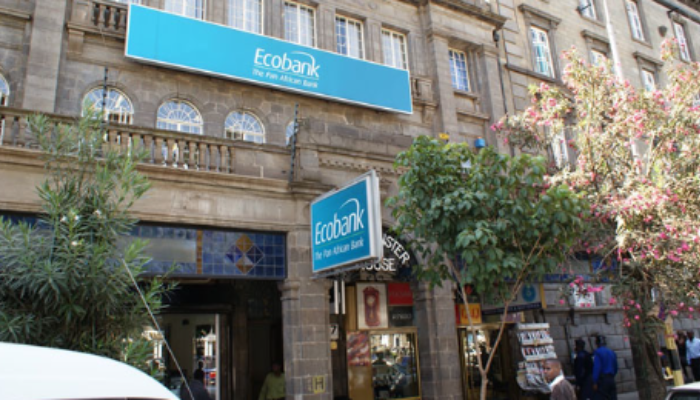The Supreme Court of Kenya has dismissed an appeal by Ecobank Kenya Ltd, refusing to escalate a high-profile legal fee dispute worth Sh103.4 million to the apex court. The bench ruled the matter does not meet the constitutional test of general public importance, thus ending the bank’s legal recourse.
The dispute involves Macharia Mwangi & Njeru Advocates, a law firm that represented Ecobank in a debt recovery case involving Hashi Energy Limited, where the bank was pursuing a $228 million (Sh2.9 billion) claim.
Why the Supreme Court Declined the Appeal
In a ruling delivered by Chief Justice Martha Koome, along with Deputy Chief Justice Philomena Mwilu and Justices Smokin Wanjala, Isaac Lenaola, and William Ouko, the court found the matter to be of a private commercial nature. The judges emphasized that it lacked the constitutional weight necessary for a Supreme Court hearing under Article 163(4)(b).
“The applicant has not sufficiently demonstrated how the case transcends private dissatisfaction to impact the broader public interest,” stated the court.
The bench clarified that disagreements among lower courts do not inherently justify Supreme Court intervention unless the issue significantly affects the legal system or society.
Background of the Case
Ecobank had engaged the Nairobi-based law firm to aid in the recovery of the massive debt. The firm sent demand letters but did not initiate further legal action. Despite the limited scope of work, the advocates submitted a legal bill initially taxed at Sh43.6 million, which grew to Sh103 million due to interest.
Ecobank challenged the bill, claiming it was unjustified based on the actual work performed. The High Court initially agreed, finding that the legal fee had been overvalued.
However, the Court of Appeal overturned this decision in December 2023, upholding the taxing master’s authority and dismissing Ecobank’s claims. A dissenting judge, Justice Patrick M’inoti, argued that a percentage-based legal fee could not be charged without a formal agreement between the bank and the law firm.
Ecobank then attempted to move the case to the Supreme Court, arguing it raised broader legal questions. However, that request has now been conclusively denied.

